
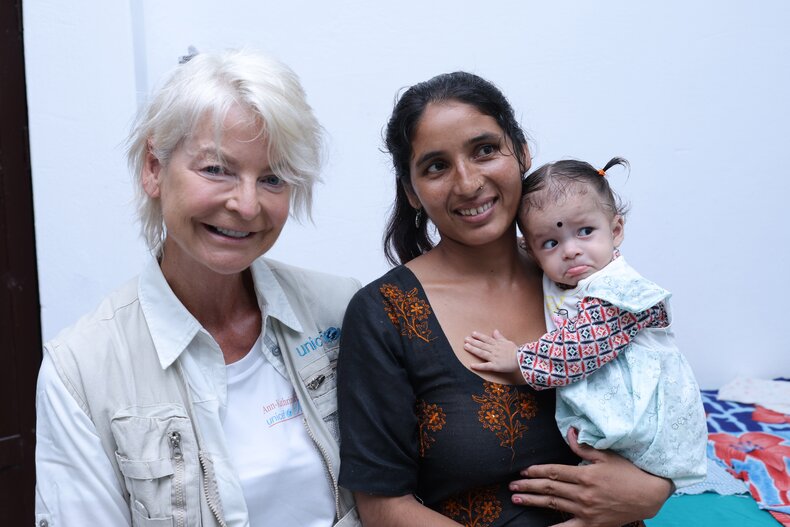
As World Immunization Week unfolded in the final week of April, the spotlight turned to a remarkable public health milestone — the 50th anniversary of the Expanded Programme on Immunization (EPI).
This celebratory time represented more than just a temporal marker; it symbolizes a united global commitment to harness the power of vaccines in safeguarding individuals of all ages against preventable diseases.
Today’s vision for the future is grand yet simple — universal protection from vaccine-preventable diseases.
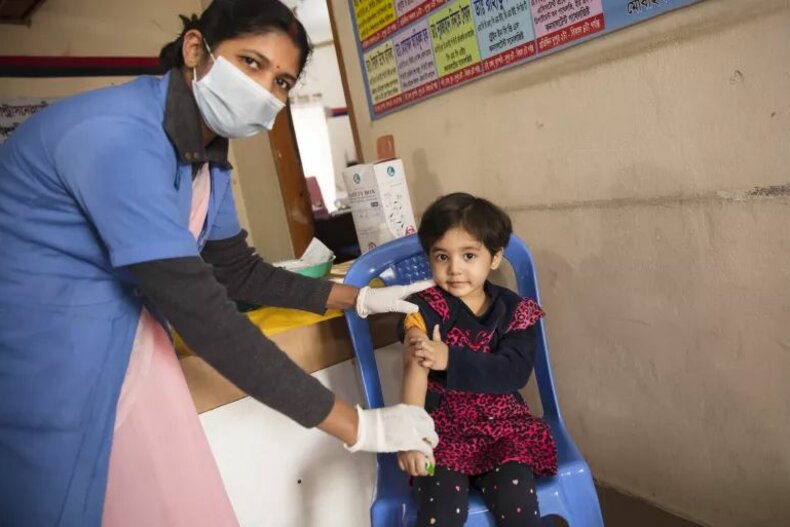
Nowadays, our world still confronts grave challenges. The COVID-19 pandemic has dealt a significant blow to child immunization efforts, leading to a decline in routine vaccinations across numerous nations.
Amidst the public health problems, approximately 25 million children did not receive routine vaccines in 2021.
Countries like India and Nigeria, with substantial birth cohorts, saw vast numbers of children miss out on crucial vaccinations.
The consequences are dire — measles and diphtheria outbreaks have resurged, glaringly indicating the perils of disrupted immunization.
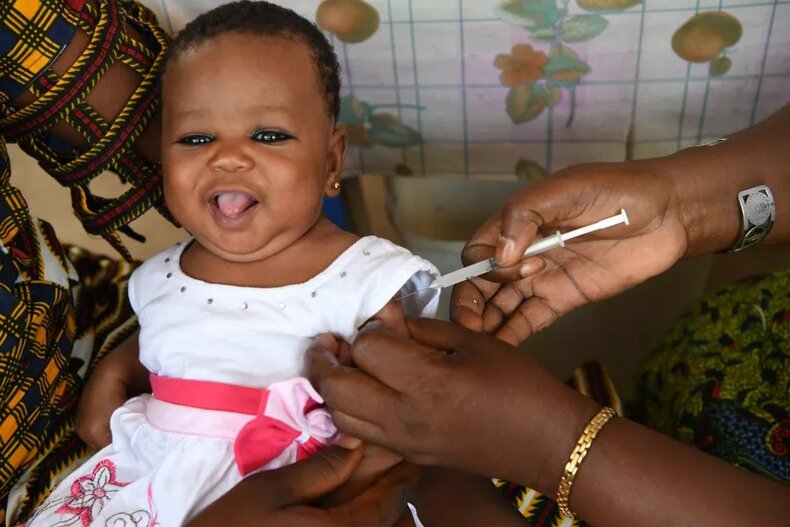
Vaccine confidence has also faltered. For the last few years, we have witnessed a problematic trend of dwindling faith in childhood vaccines.
Shrinking vaccine confidence constitutes an emergent challenge, with certain countries witnessing a drop in trust of up to 44 percentage points.
This scepticism is especially pronounced among the youth and women during post-pandemic period. Yet another concern is the “pandemic generation” of children missing vaccination milestones, potentially spiralling into what UNICEF has termed a “child survival crisis.”
With the majority of these unvaccinated children residing on the African continent, the disparity in healthcare access becomes glaringly evident.

The present situation implores a multifaceted action plan by WHO. High on the agenda is ensuring that vaccines are prioritized by governments, adequately funded, and integrated into health planning across individuals' lifespans.
Progressing towards these goals means spotlighting the 20 countries, including Somalia, Afghanistan, and the Democratic Republic of the Congo — who collectively harbour the majority of unvaccinated children.
“These nations must navigate unique challenges, including political unrest and under-resourced health systems, to reach unvaccinated populations,” says Ann Kathrin Linsenhoff.
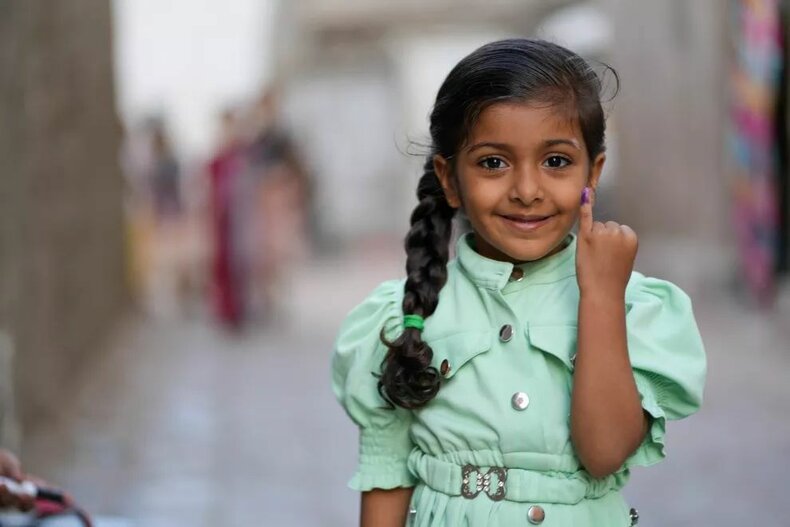
Today, we can look back and remember that global immunization efforts have saved an estimated 154 million lives – or the equivalent of 6 lives every minute of every year – over the past 50 years. The vast majority of lives saved – 101 million – were those of infants.
In order to keep the success, according to UNICEF, we must advocate for vaccines on a personal, national, and global level — amplifying the message that a delayed vaccine is a missed opportunity for a healthier life.
The longer the delay in reaching the vulnerable children, the higher the risk of devastating disease outbreaks becomes.

Alongside UNICEF's call to action, we see the urgency of redressing this global health imbalance.
Countries need to unlock new sources of funding, reclaim the public's confidence in vaccines, and strengthen health care systems to make vaccination possible for everybody.
“A focus on support for local vaccine manufacturing and empowering female health care workers can be transformative,” underlines Ann Kathrin Linsenhoff.
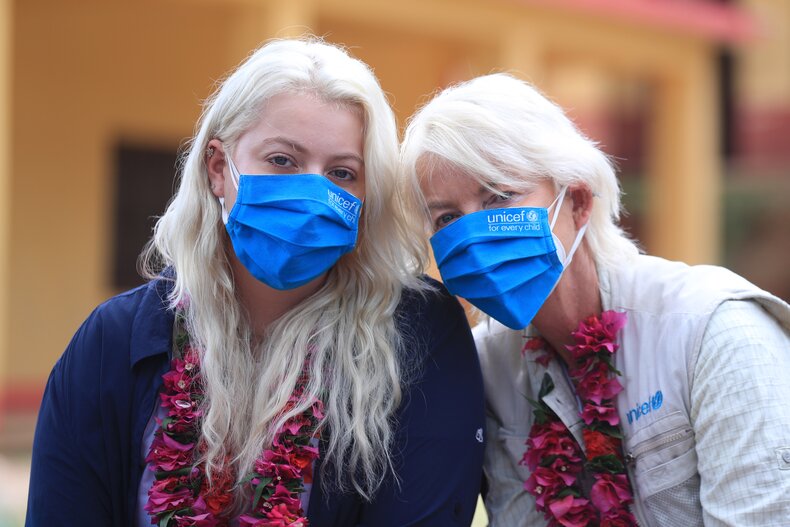
As we observe World Immunization Week, we must remember that every child has the right to a healthy start in life.
It can only become reality through equitable vaccine distribution and unwavering global collaboration.
Collectively, we can resolve these vaccination challenges and pave the way for a future where no child is left vulnerable to preventable diseases. Together, let's immunize our world and secure a resilient, healthy future for all!
Yours
sincerely

